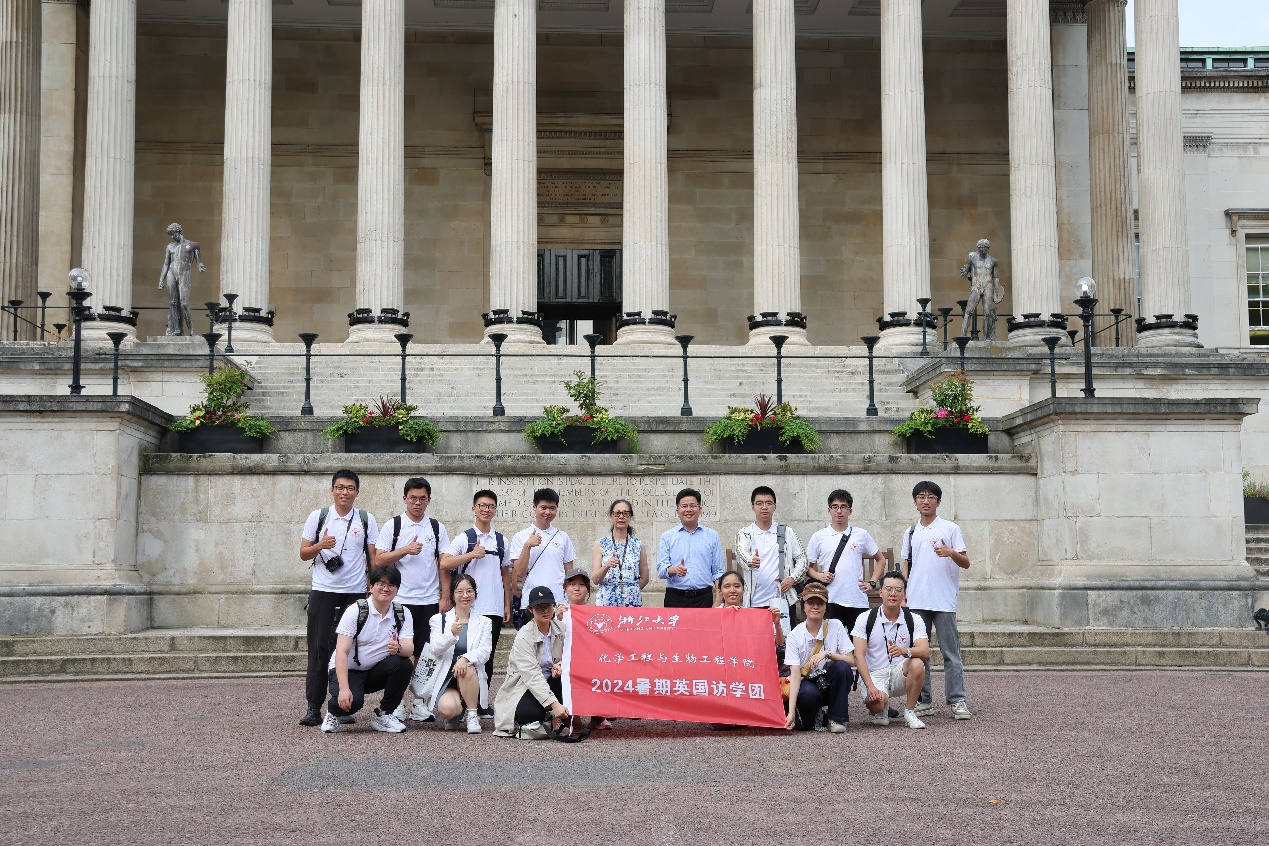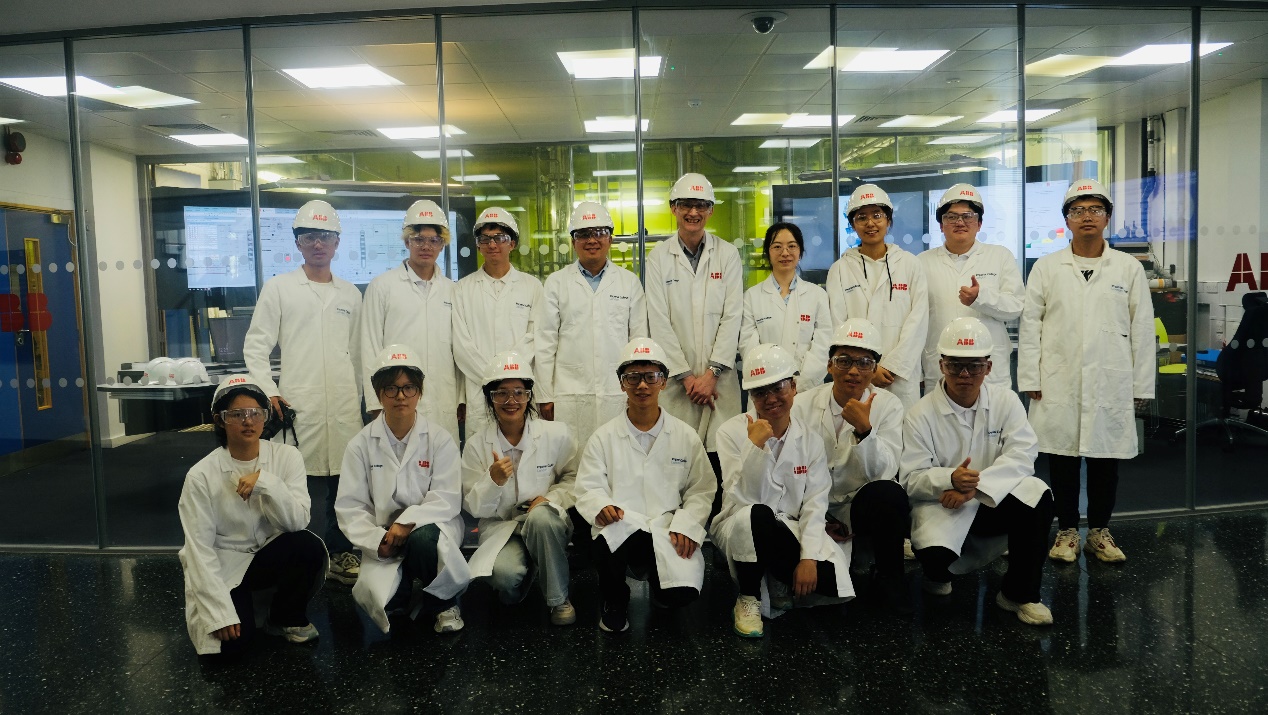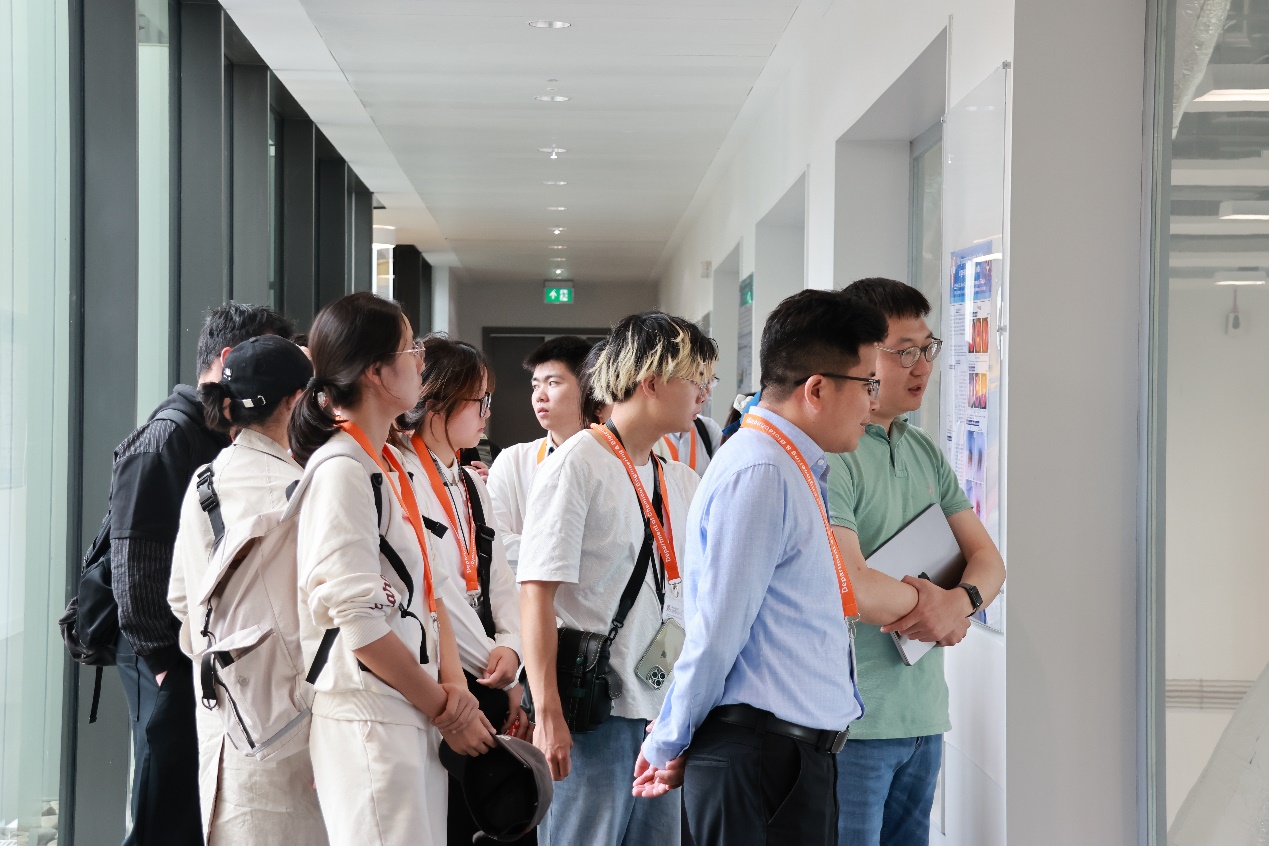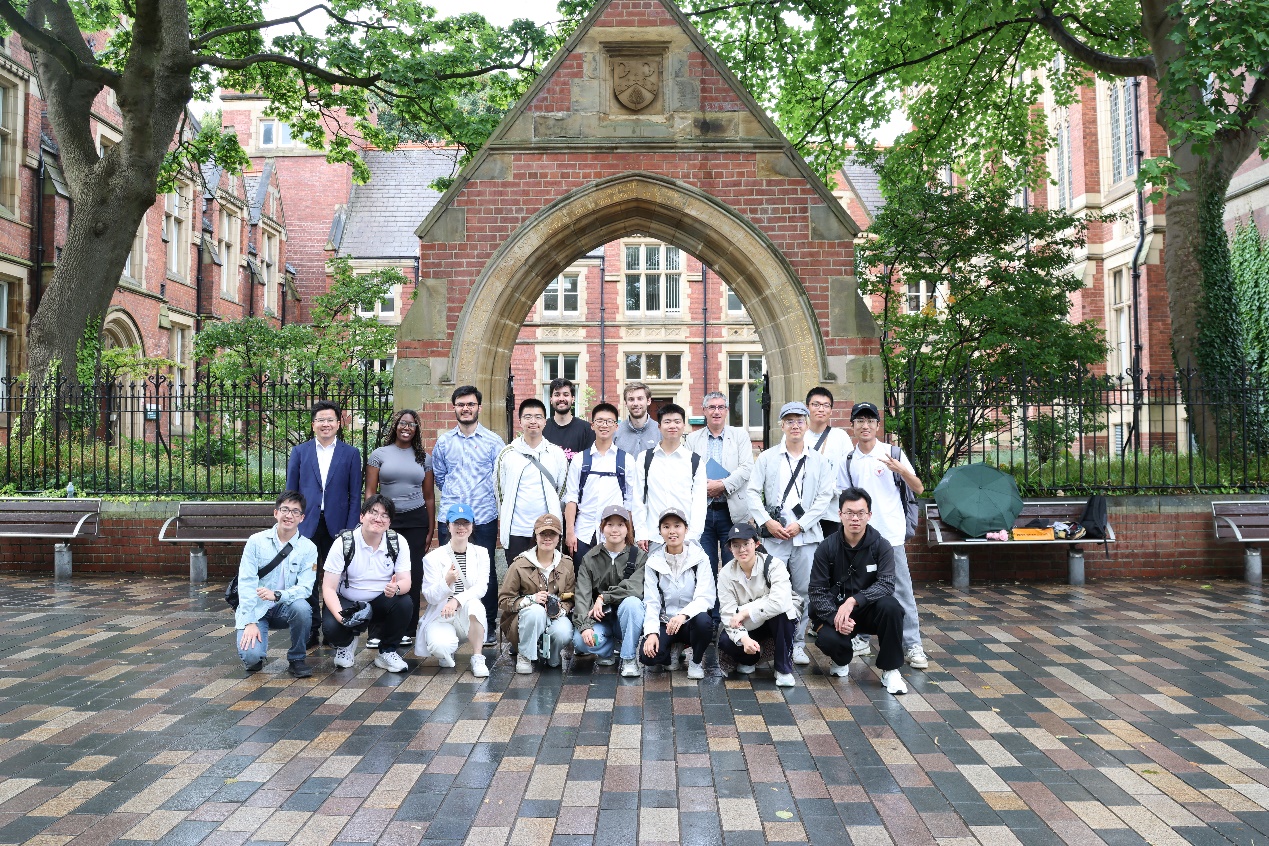In an effort to cultivate top-tier chemical and biological engineering talents with a global outlook, the College of Chemical and Biological Engineering(CBE) from Zhejiang University organized 13 students for an academic exchange tour to several renowned UK universities from August 10 to August 17, 2024. The tour included visits to University College London (UCL), Imperial College London, the University of Cambridge, and the University of Leeds, focusing on the latest research advancements in chemical and biological engineering.
UCL: Interactions and Insights into Educational Differences
The exchange began at UCL's Department of Biochemical Engineering, where Professor Yuhong Zhou provided an in-depth overview of the department's development. Professors Leonardo Rios-Solis, Petra Hanga, Rana Khalife, and Darren Nesbeth discussed their research areas, including bioprocess modeling and synthetic biology, and shared information on postgraduate programs. Students also engaged in interactive sessions with UCL's academic community, gaining insights into the study experience at UCL.

Imperial College London: Advanced Facilities and a Rich Learning Environment
The second day's activities at Imperial College London included a tour of the carbon capture laboratory, led by Professor Rongjun Chen's team. The delegation observed the ethanolamine carbon dioxide capture process and discussed the technology's challenges and applications. The visit offered a practical perspective on carbon capture technology and its role in addressing climate change.

Cambridge University: Exploring the Legacy and Innovation in Chemical Engineering
At the University of Cambridge, the group visited Department of Chemical Engineering and Biotechnology. Dr. Qingyuan Zheng delivered a presentation, highlighting the university's history and its unique collegiate system. Dr. Zheng also showcased the potential of nuclear magnetic resonance technology in chemical engineering, emphasizing its significant impact on the field. The group also visited the Cavendish Laboratory, as well as Trinity College, which nurtured Newton, and King's College, with its nearly six-century history, renowned globally for its exquisite architecture and beautiful courtyards.

University of Leeds: Multidisciplinary Approaches and Diversified Development
The final destination was the School of Chemical and Process Engineering at the University of Leeds, where Professor Sheng Dai and Professor Nicole Hondow discussed the school's multidisciplinary research and educational approach. The delegation toured advanced instrumentation facilities and engaged in discussions about the future of chemical engineering research.

Throughout the tour, students actively participated in cultural and academic exchanges, enhancing English and cross-cultural communication skills. The visit provided a deeper understanding of the potential and prospects of chemical and biological engineering, laying a foundation for future collaboration and research advancements. This exchange tour not only fostered global connections but also equipped the students with a broader worldview, setting the stage for their future contributions to the field of chemical engineering.

